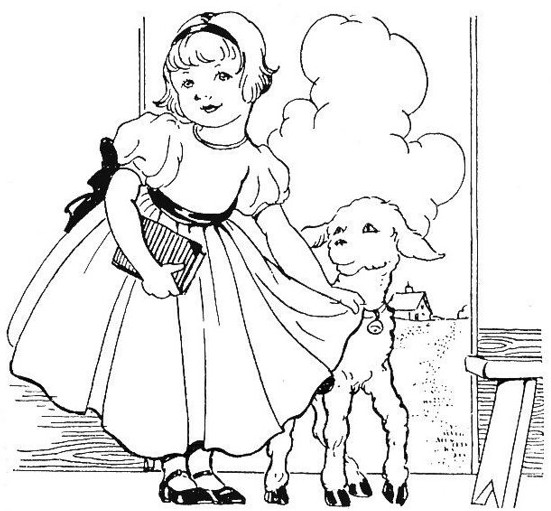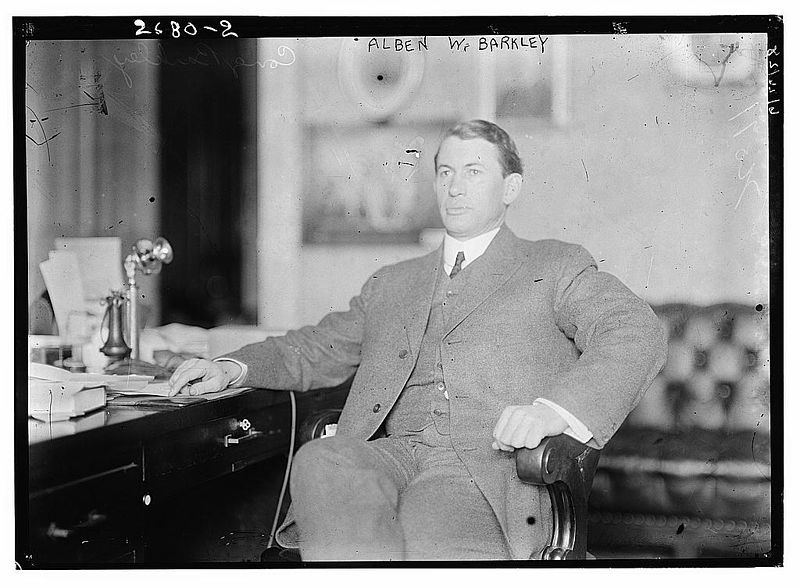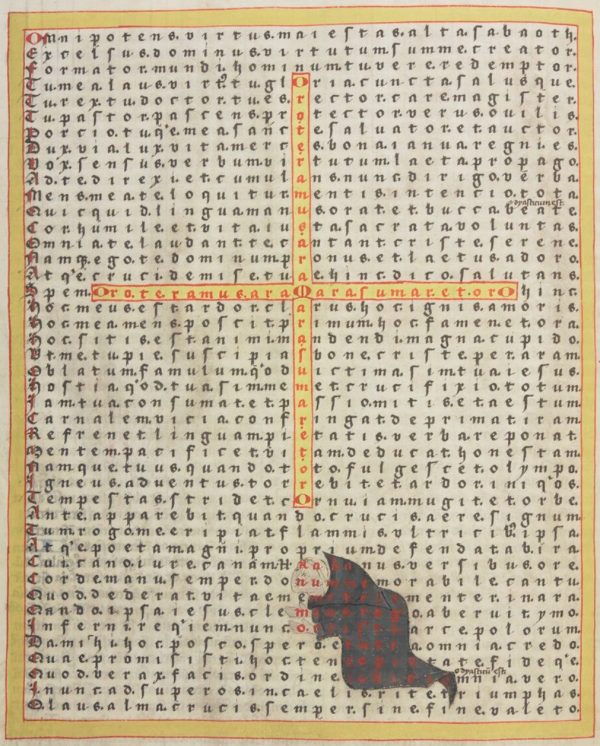While we’re at it … in 1973 attorney Mark M. Orkin compiled Canajan, Eh?, a lexicon of Canadian English, which he says is distinguished by “a nimiety of neologisms, an impudicity of pronunciation, a crapulence of grammar, a prurience of syntax, and a necrosis of Mare Canisms”:
ardic: the far north, home of the Esk Moze
beinck: a building where Canajans keep their money
dodder: a female child
fishle: duly authorized
gradge: a building for storing or repairing automobiles
hiss tree: study of past events
Knighted States: the Mare Can nation
Pam Sundy: the Sunday before Easter
quorpus: fifteen minutes past the hour
sign tist: person well-versed in a branch of signs
slong: the principal Canajan salutation on parting
Tronna: the cabbidal of Untario
worsh: to cleanse oneself or one’s clothing
zmarra fack: introductory verbal aid
In his introduction, Orkin writes that “forners need exercise no caution in using this text since all terms discussed will be understandable by somebody somewhere in Canada.” He published a companion volume, French Canajan, hé?, in 1975.
Also: Australian, Baltimorese, Texan.




